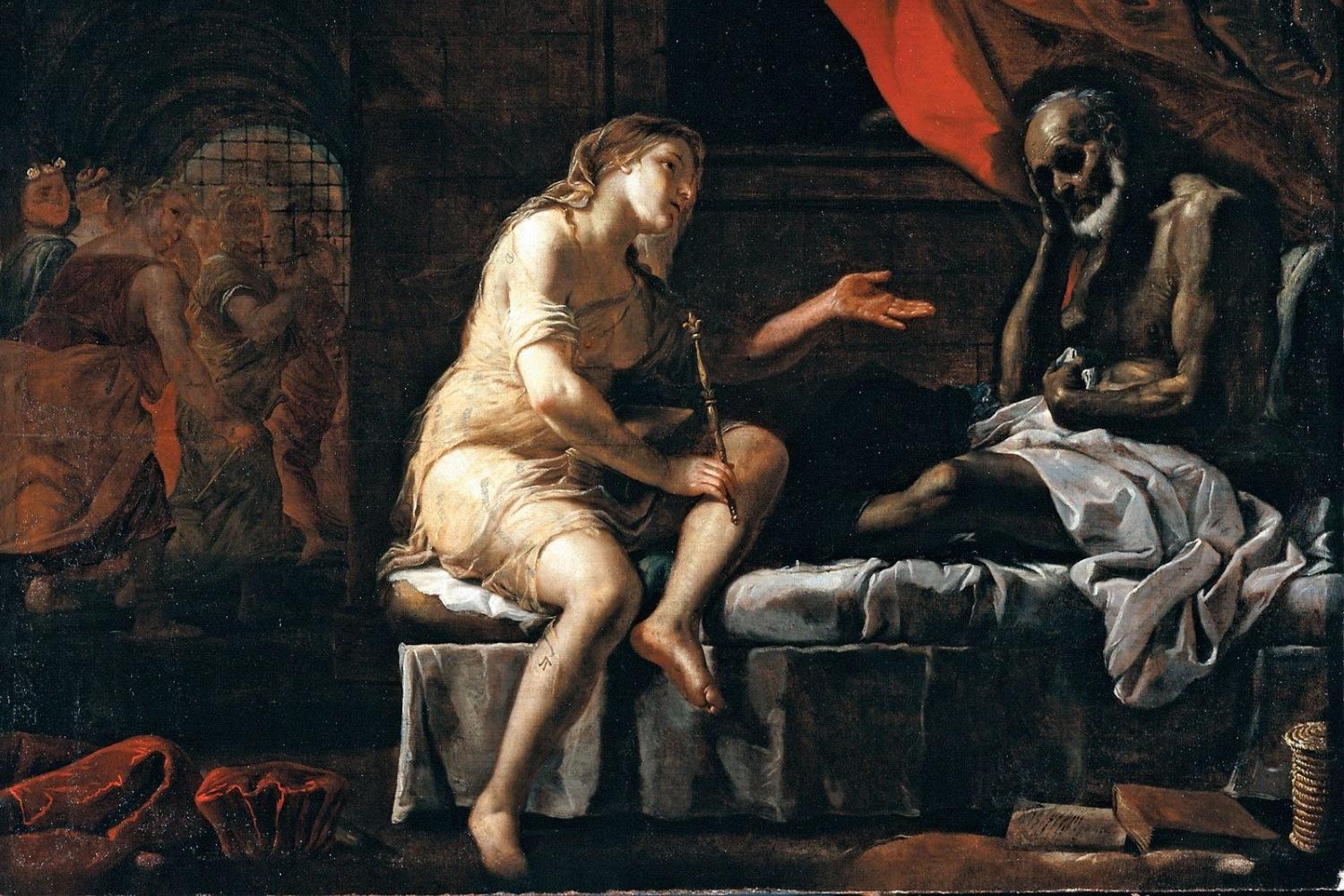
Medieval philosophy might sound like a dusty topic, but it's packed with intriguing ideas and thinkers who shaped the world. Ever wondered how people in the Middle Ages tackled big questions about life, existence, and the universe? Medieval philosophers like Thomas Aquinas and Augustine of Hippo didn't just ponder—they laid the groundwork for modern thought. They wrestled with concepts like the nature of God, the relationship between faith and reason, and the essence of human beings. Their debates and writings influenced not just theology but also science, politics, and ethics. Ready to dive into 20 fascinating facts about this rich period of intellectual history? Let's get started!
Key Takeaways:
- Medieval philosophy, from the 5th to 15th century, explored the relationship between faith and reason, influencing modern ideas and scientific methods.
- Influential philosophers like Augustine of Hippo and Thomas Aquinas integrated ancient and religious beliefs, shaping contemporary philosophical and theological discussions.
The Origins of Medieval Philosophy
Medieval philosophy spans roughly from the fall of the Roman Empire to the Renaissance. It bridges ancient philosophical traditions with early modern thought.
- Medieval philosophy began around the 5th century and lasted until the 15th century.
- It was heavily influenced by the works of ancient philosophers like Plato and Aristotle.
- The early medieval period saw the preservation of ancient texts by scholars in monasteries.
Key Philosophical Themes
Medieval thinkers grappled with questions about existence, knowledge, and the divine. Their work laid the groundwork for many modern philosophical ideas.
- One central theme was the relationship between faith and reason.
- Scholasticism, a method of learning that emphasized dialectical reasoning, was a dominant approach.
- The problem of universals, or the nature of general concepts, was a major topic of debate.
Influential Philosophers
Several philosophers left a lasting impact on medieval thought. Their ideas continue to be studied and respected today.
- Augustine of Hippo, an early Christian theologian, integrated Platonic ideas with Christian doctrine.
- Boethius, known for "The Consolation of Philosophy," bridged ancient and medieval thought.
- Anselm of Canterbury formulated the ontological argument for the existence of God.
The Role of Religion
Religion played a crucial role in shaping medieval philosophy. Philosophers often sought to reconcile religious beliefs with rational inquiry.
- Thomas Aquinas, a Dominican friar, synthesized Aristotelian philosophy with Christian theology.
- The concept of natural law, which posits that moral principles are inherent in human nature, was developed during this period.
- Mysticism, emphasizing personal experiences of the divine, also influenced medieval thought.
The Influence of Islamic and Jewish Philosophers
Medieval philosophy was not confined to Christian Europe. Islamic and Jewish thinkers made significant contributions.
- Avicenna, a Persian polymath, wrote extensively on metaphysics and medicine.
- Averroes, an Andalusian philosopher, provided detailed commentaries on Aristotle's works.
- Maimonides, a Jewish philosopher, sought to harmonize Jewish scripture with Aristotelian philosophy.
The Transition to Early Modern Philosophy
The end of the medieval period saw the rise of new philosophical ideas that would shape the modern era.
- The rediscovery of classical texts during the Renaissance sparked renewed interest in ancient philosophy.
- Humanism, focusing on human potential and achievements, began to challenge medieval scholasticism.
- The Protestant Reformation questioned the authority of the Catholic Church, leading to new theological debates.
Legacy of Medieval Philosophy
Medieval philosophy's influence extends beyond its historical period. Its ideas continue to resonate in contemporary thought.
- The medieval emphasis on dialectical reasoning laid the foundation for modern scientific methods.
- Concepts like natural law and the ontological argument remain relevant in philosophical and theological discussions today.
Medieval Philosophy's Lasting Impact
Medieval philosophy shaped modern thought in ways we often overlook. Thinkers like Thomas Aquinas and Augustine laid the groundwork for Western theology and ethics. Their ideas on faith and reason still influence debates today. The scholastic method, developed during this period, became a cornerstone of academic inquiry. It encouraged rigorous analysis and debate, which are hallmarks of modern education.
Medieval philosophers also preserved and expanded upon ancient Greek and Roman texts, ensuring their survival through turbulent times. This era's blend of religious and secular thought created a rich tapestry of ideas that continue to inspire. Understanding medieval philosophy offers valuable insights into the foundations of contemporary philosophical and theological discussions. So, next time you ponder life's big questions, remember the medieval thinkers who paved the way.
Frequently Asked Questions
Was this page helpful?
Our commitment to delivering trustworthy and engaging content is at the heart of what we do. Each fact on our site is contributed by real users like you, bringing a wealth of diverse insights and information. To ensure the highest standards of accuracy and reliability, our dedicated editors meticulously review each submission. This process guarantees that the facts we share are not only fascinating but also credible. Trust in our commitment to quality and authenticity as you explore and learn with us.
